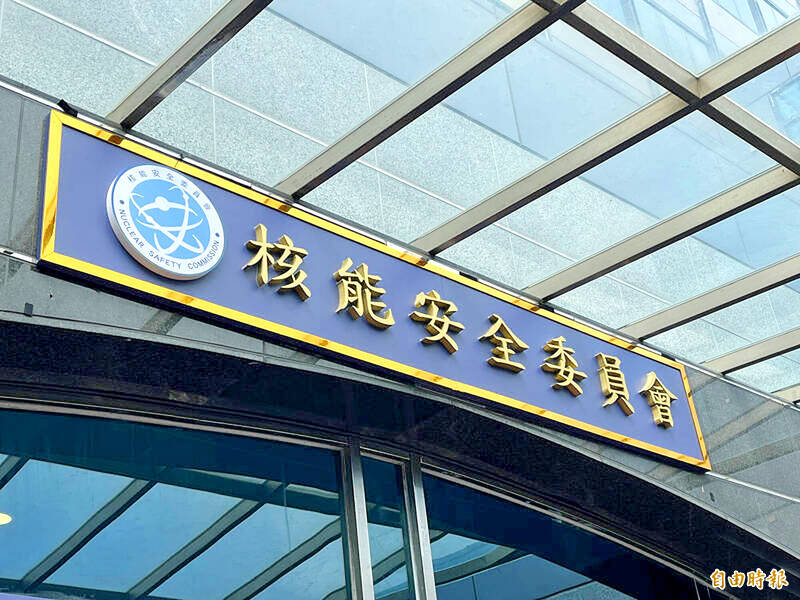Science
Taiwan’s Nuclear Safety Commission Launches SMR Development Project

The Nuclear Safety Commission (NSC) in Taiwan has announced a four-year project aimed at developing small modular reactor (SMR) and micro modular reactor technologies. An official familiar with the plans revealed that the project is projected to cost NT$800 million (approximately US$26.45 million). Prior to initiating the main project, the NSC will allocate NT$100 million in the upcoming year to fund preliminary research on SMRs and to establish the necessary capacity to review applications for constructing these reactors.
This initiative follows a recent referendum regarding the reactivation of the Ma-anshan Nuclear Power Plant in Pingtung County, which did not achieve the required approval threshold. Despite this, the “yes” votes exceeded “no” votes across all localities, with a significant 60 percent support in Hengchun Township, where the plant is located. In response to the referendum, President William Lai instructed Taiwan Power Company (台電) to commence safety inspections at the plant, emphasizing the government’s openness to exploring new-generation nuclear energy technologies.
Focus on Advanced Nuclear Technologies
The NSC’s project will be executed by the National Atomic Research Institute, concentrating on low-carbon and high energy density SMRs. Key objectives include domestically introducing SMR construction technology, creating a legal framework for new-generation nuclear energy policies, and forming a national team dedicated to SMR development. The commission aims to reduce the construction timeline for these reactors as well.
The demand for nuclear energy specialists in Taiwan has diminished due to the government’s “nuclear-free homeland” policy. In light of this, the institute plans to send researchers to nuclear energy laboratories in Europe, North America, and Japan for short-term research opportunities or internships. Researchers may also enroll in nuclear engineering courses at prestigious universities to enhance their expertise.
International Collaborations and Regulatory Developments
In its efforts to advance nuclear technology, the institute will recruit international experts and Taiwanese researchers based abroad to facilitate the transfer of cutting-edge nuclear technology. This collaboration is intended to bolster the capabilities of local nuclear power specialists.
Regarding the potential involvement of the private sector or academic institutions in building new-generation nuclear reactors, the NSC emphasized that similar studies have been undertaken in the United States, United Kingdom, and Japan. However, none of these efforts have yet achieved commercial operational status. In the US, regulatory standards for the new reactor types are still under development.
The NSC stated, “We will closely monitor international developments in regulatory frameworks,” indicating a proactive approach to ensuring that Taiwan remains aligned with global advancements in nuclear energy technology.
-

 Lifestyle3 months ago
Lifestyle3 months agoHumanism Camp Engages 250 Youths in Summer Fest 2025
-

 Sports3 months ago
Sports3 months agoDe Minaur Triumphs at Washington Open After Thrilling Comeback
-

 Business4 months ago
Business4 months agoKenvue Dismisses CEO Thibaut Mongon as Strategic Review Advances
-

 Sports4 months ago
Sports4 months agoTupou and Daugunu Join First Nations Squad for Lions Clash
-

 Top Stories4 months ago
Top Stories4 months agoColombian Senator Miguel Uribe Shows Signs of Recovery After Attack
-

 World4 months ago
World4 months agoASEAN Gears Up for Historic Joint Meeting of Foreign and Economic Ministers
-

 Business4 months ago
Business4 months agoOil Prices Surge Following New EU Sanctions on Russia
-

 Health3 months ago
Health3 months agoNew Study Challenges Assumptions About Aging and Inflammation
-

 Entertainment3 months ago
Entertainment3 months agoDetaşe-Sabah Violin Ensemble Captivates at Gabala Music Festival
-

 Entertainment3 months ago
Entertainment3 months agoBaku Metro Extends Hours for Justin Timberlake Concert
-

 Business4 months ago
Business4 months agoU.S. House Approves Stablecoin Bill, Sends to Trump for Signature
-

 Top Stories4 months ago
Top Stories4 months agoRethinking Singapore’s F&B Regulations Amid Business Closures









